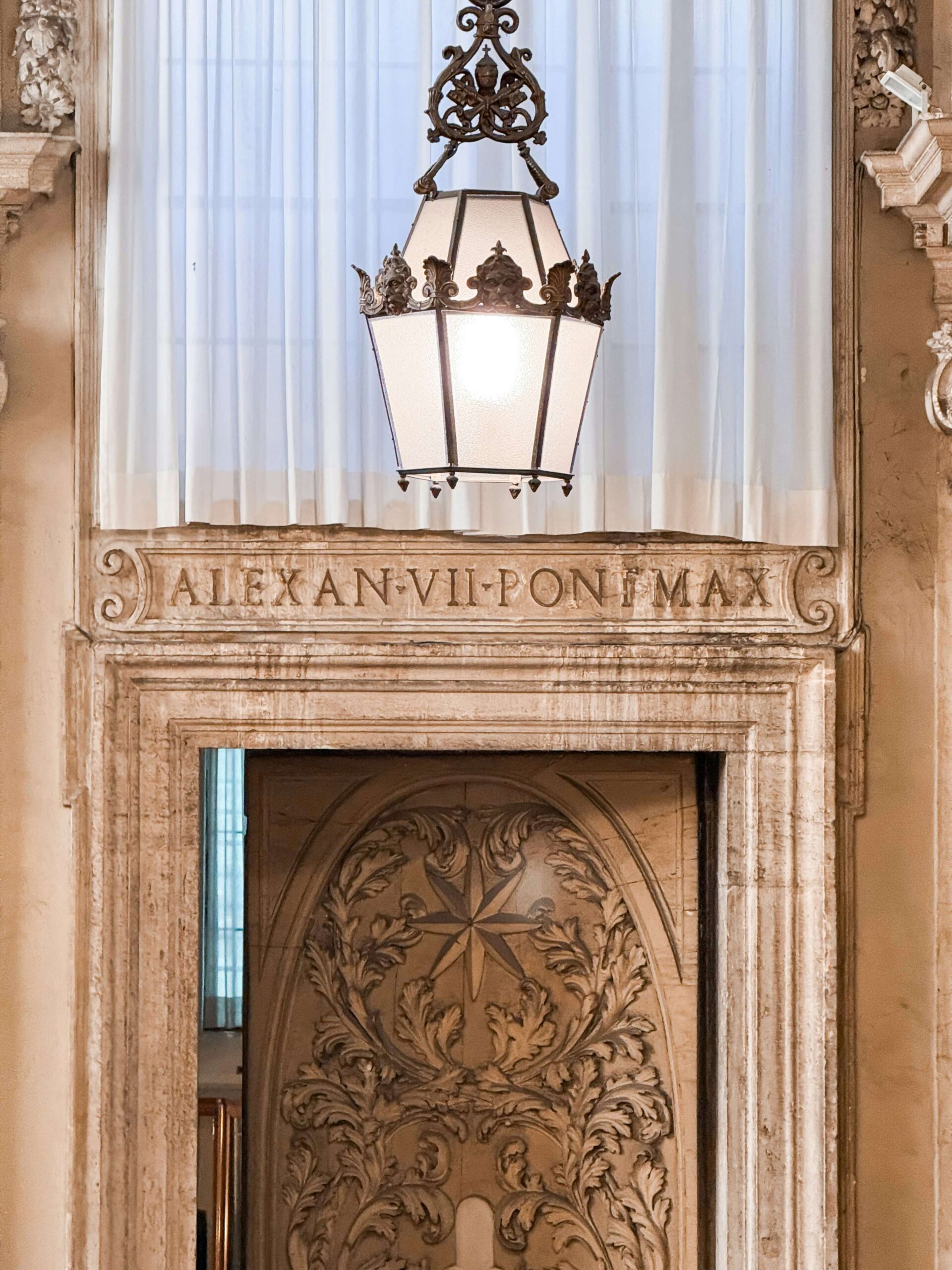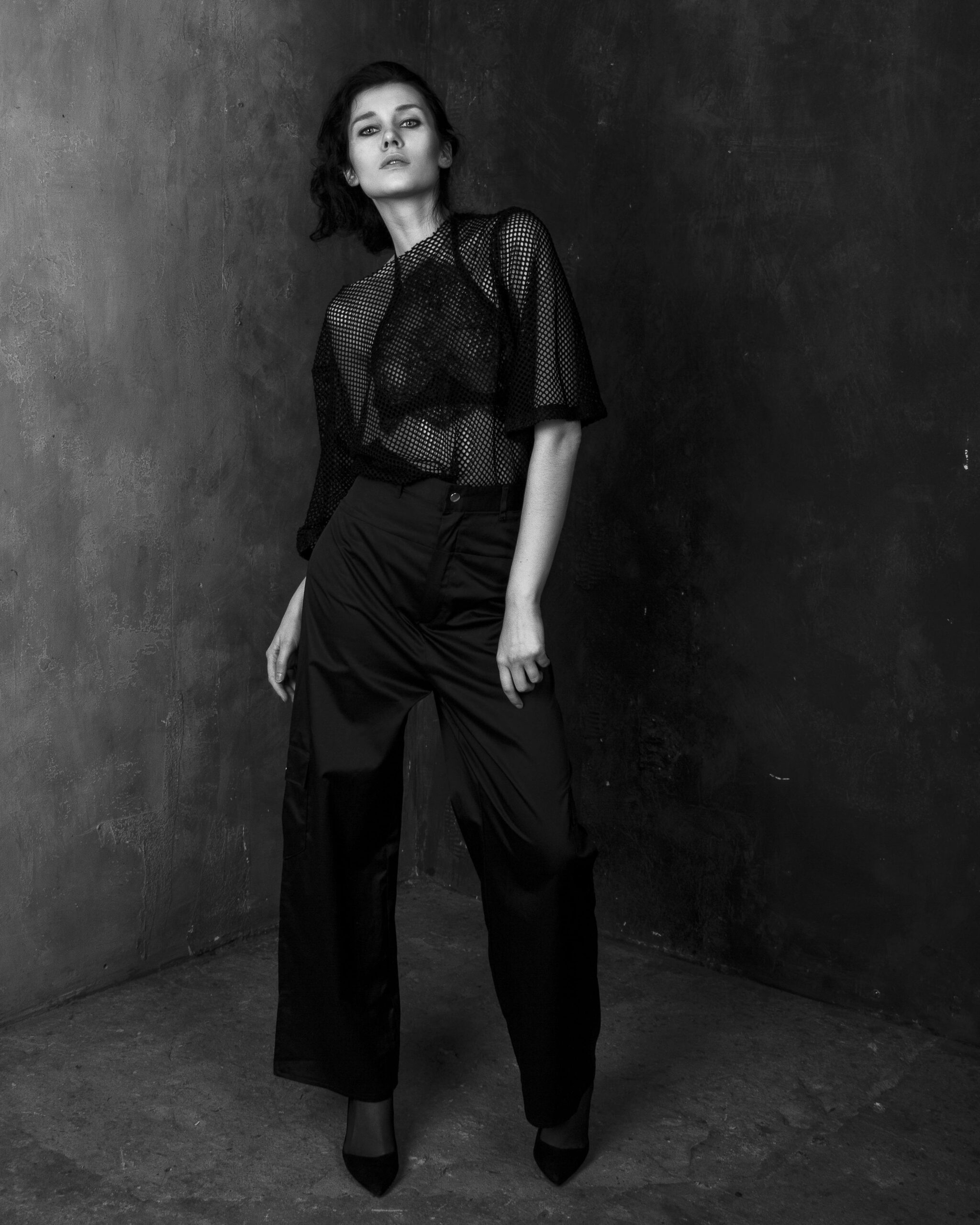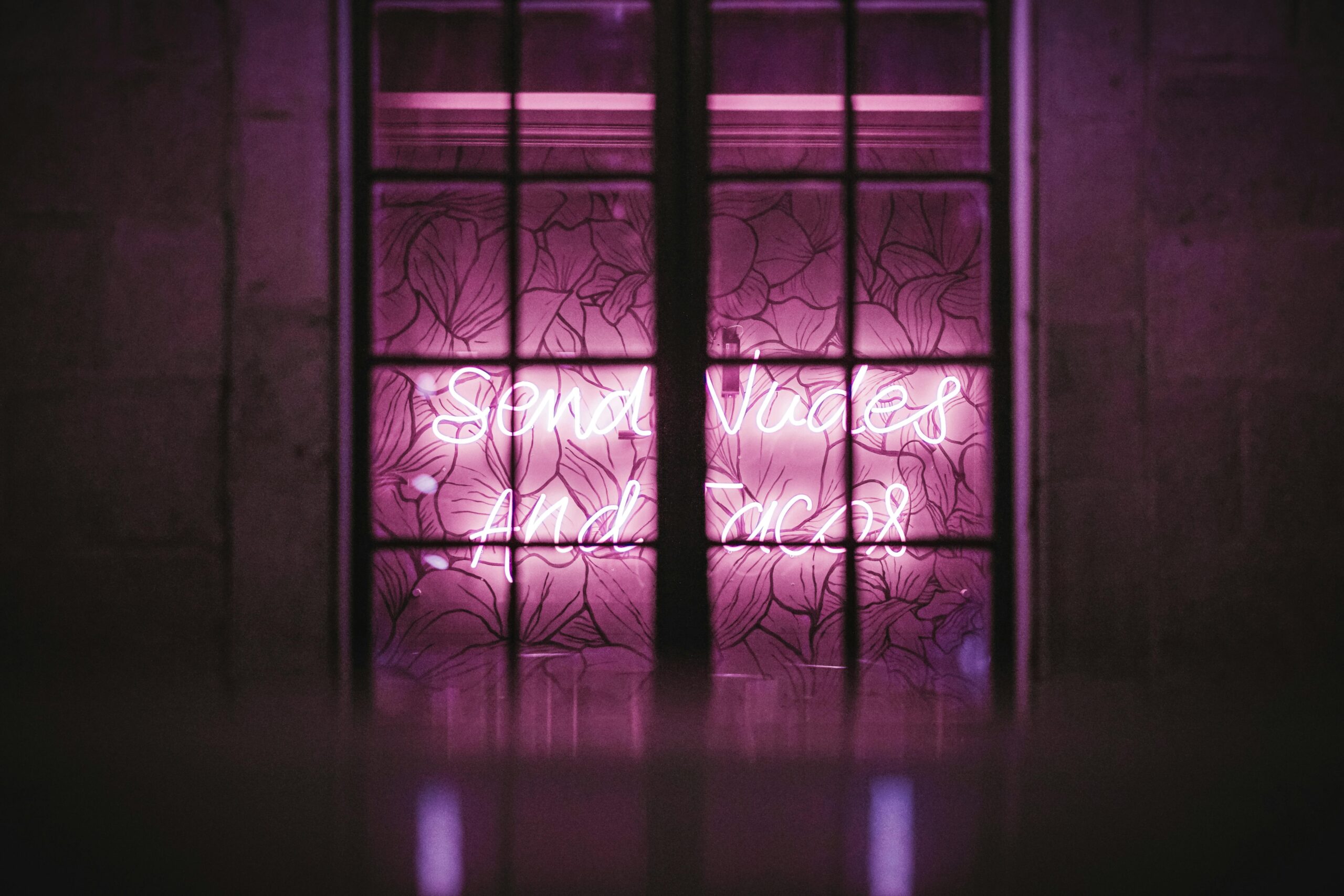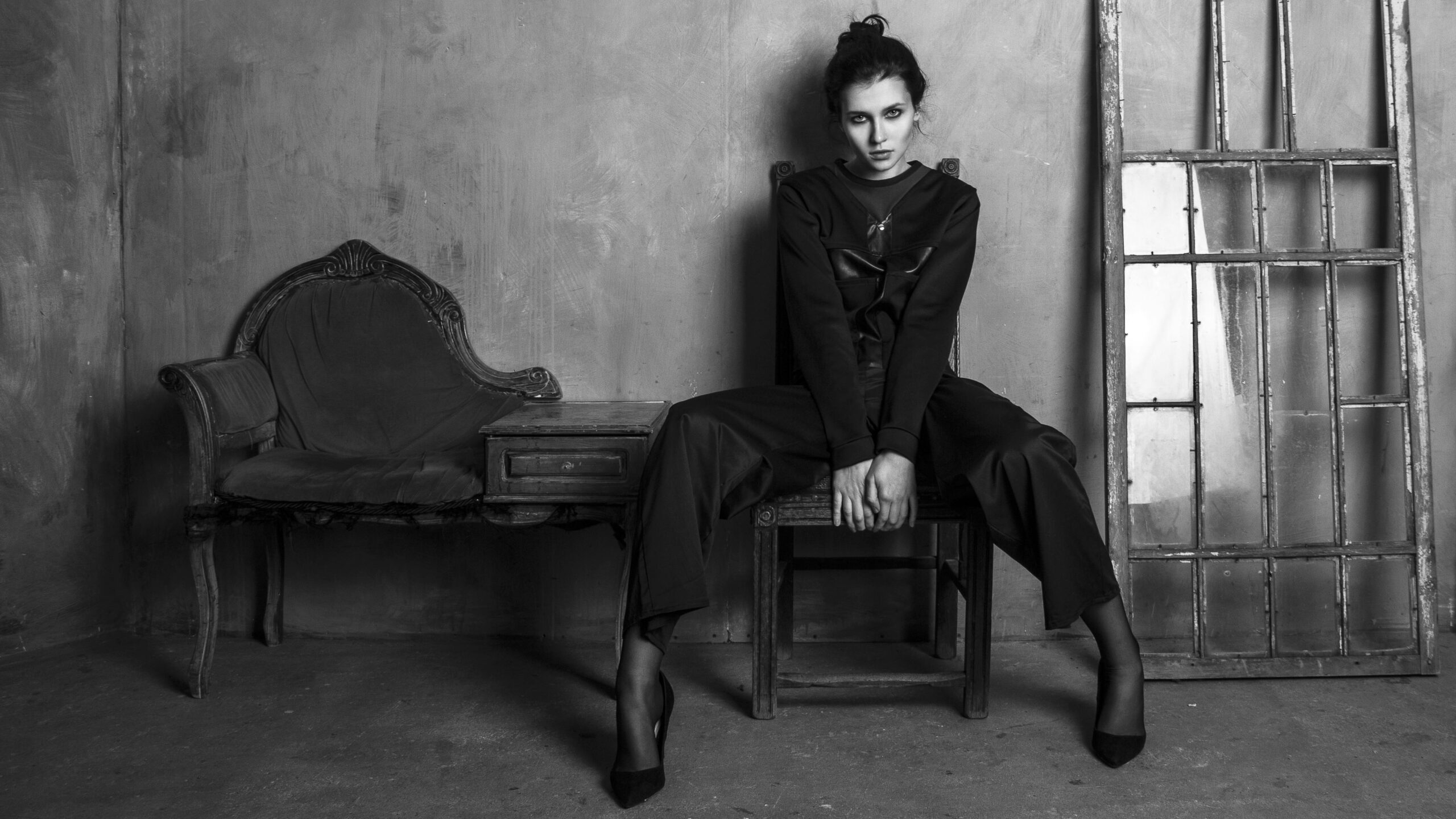Every brand tells a story, but only a few become legends. The difference lies in mythology. While stories can entertain or explain, mythology transforms a personal brand into something clients feel compelled to believe in, belong to, and invest in. For founders building luxury personal brands, mythology is the invisible thread that ties together authority, identity, and desire.
Why Luxury Brands Thrive on Mythology
Luxury has never been about utility alone. It has always been about meaning. From fashion houses to fine art, the most enduring brands don’t just sell products — they sell mythologies. They create worlds of symbolism, narratives of transformation, and archetypes that clients can step into.
The same principle applies to service providers. When you craft your personal brand as mythology rather than mere biography, you shift from being “someone who offers a service” to being a symbol of a larger narrative. That’s when clients stop comparing you to competitors and start seeing you as the inevitable choice.
As Vogue Business highlights in its feature on narrative as a driver of luxury desirability, consumers in the high-end space are motivated less by logic and more by stories that embody status, identity, and belonging. Mythology gives your brand that gravitational pull.
The Difference Between Story and Mythology
Most personal branding advice reduces storytelling to anecdotes: “share your struggles,” “be vulnerable,” “let people in.” While relatability has its place, it rarely commands high-value clients. A luxury brand doesn’t thrive on relatability — it thrives on resonance.
- A story is about you
- A mythology is about the world you create
In mythology, you’re not just narrating your journey; you’re establishing a system of meaning. You’re weaving together symbols, archetypes, and consistent motifs that elevate your brand beyond personality and into legacy.
How to Craft Brand Mythology in Practice
Building mythology for your personal brand isn’t abstract — it’s highly practical when you approach it with intention.
1. Choose Your Archetype
Every mythology has archetypes: the guide, the visionary, the rebel, the creator. Which role do you play for your clients? Anchoring your brand in one dominant archetype creates coherence and clarity.
2. Develop Symbolic Language
Luxury brands use recurring motifs — from Chanel’s camellia flower to Cartier’s panther — to reinforce mythology. For personal brands, your “symbols” may be phrases, visuals, or metaphors that repeat across your content. Consistency turns symbols into signatures.
3. Create Narrative Structure
Your brand mythology should follow a rhythm: the problem you exist to solve, the transformation you enable, and the world your clients enter when they work with you. When this structure runs through your offers, your website, and your messaging, it becomes second nature to your audience.
4. Design the Environment
Your website is the stage where mythology plays out visually and structurally. A luxury-aligned digital presence reinforces the mythos through design choices that feel inevitable, intentional, and elevated.
That’s why we built the Website Template Shop. Each template provides invisible storytelling architecture — editorial layouts, strategic flow, and luxury cues that turn your digital presence into a myth-making machine. Explore the Template Shop →
Mythology and High-Ticket Offers
Mythology doesn’t just elevate your image; it elevates your offers. High-ticket clients don’t buy transactions. They buy the story they’ll step into by working with you. When your program or consulting offer is positioned as part of a mythology — a guided journey, a rite of passage, a transformation with symbolic weight — it becomes irresistible.
This is exactly what we refine inside the High-Ticket Signature Program. We help founders move beyond personal anecdotes and into brand mythologies that structure offers, messaging, and authority. The result is a brand that doesn’t just attract attention — it commands belief. Explore the Signature Program →
The Takeaway
Mythology is the difference between being seen and being remembered. It’s what transforms your personal brand into a legacy, not just a presence. For service-based founders moving into the luxury space, brand mythology isn’t optional — it’s essential. When you create a mythology of authority, transformation, and belonging, you stop chasing clients. You become the brand they want to believe in.




Share to: